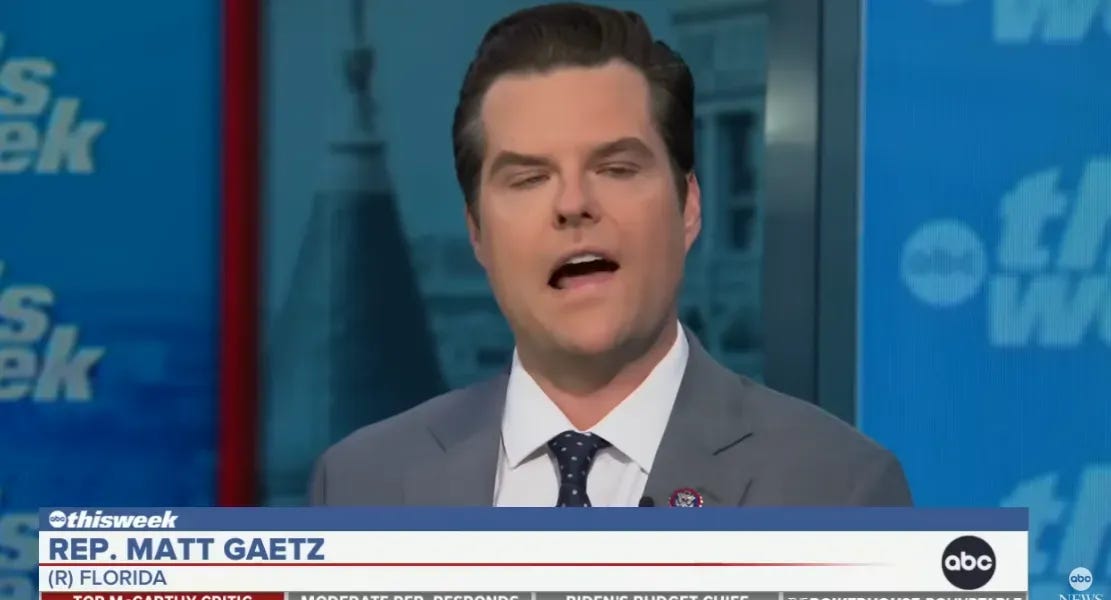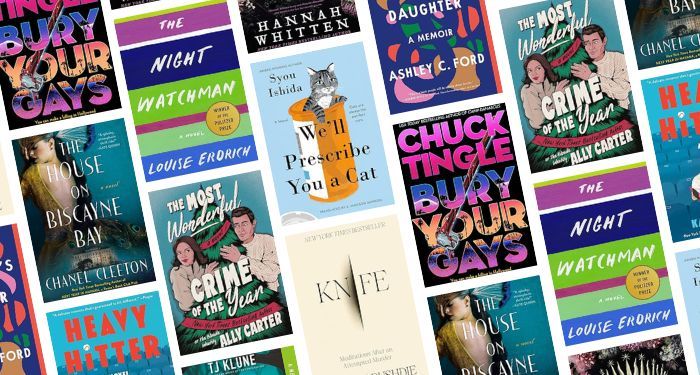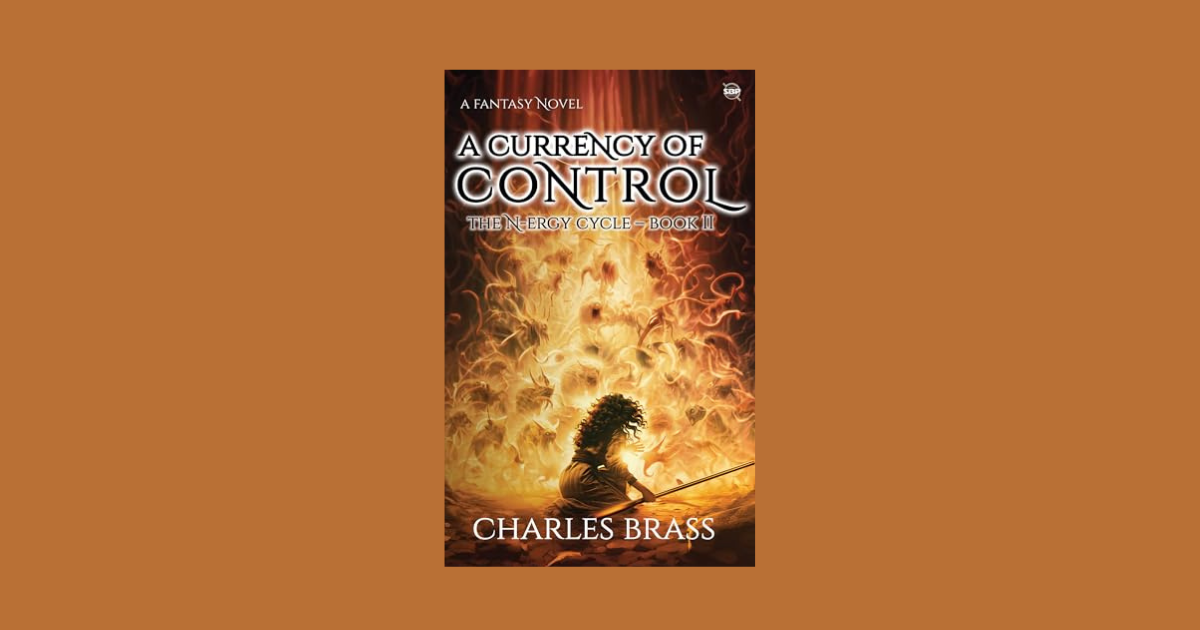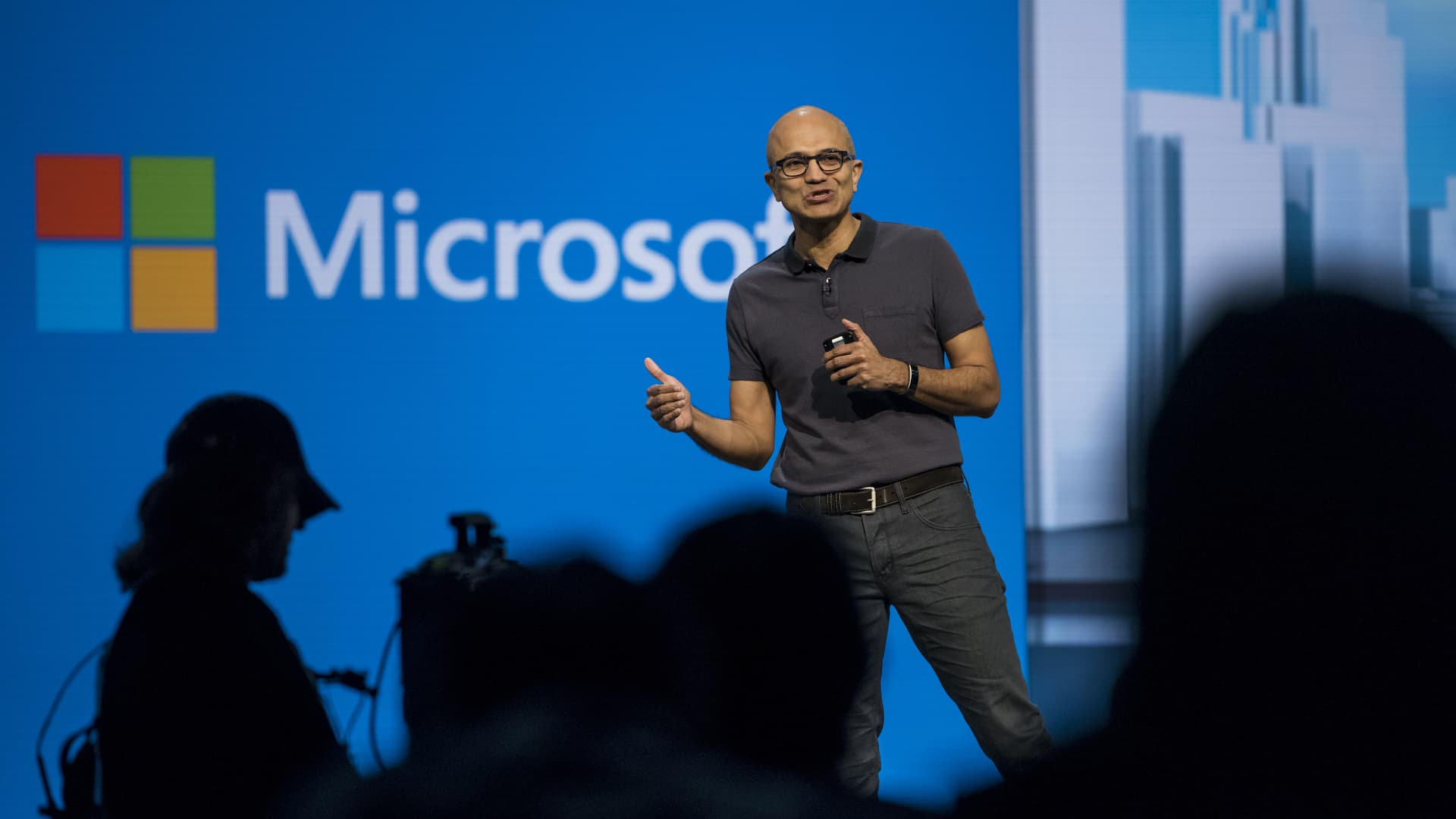The first episode, beautifully directed by Lucy Forbes, creates character at approximately 100 miles per hour, starting with Whishaw’s junior doctor Adam being late for work because he passed out in his car in the hospital parking lot. Before he even gets inside the building, he has to deal one unusual emergency involving a woman and a baby more than ready to be born. From there the show, written by Adam Kay and based on his book, shows how normal this situation is, and establishes how everyone working at the hospital is like a bickering family. Everyone has a caustic wit that has become a type of survival method, either when talking to patients or about each other. (The show’s funniest moments are often in their passing digs.) We get to know the different people, like Shruti the trainee doctor (Ambika Mod) who gets a lot of things wrong before she gets them right; the watchful eye of head midwife Tracy (Michele Austin), and the leading doctor Mr. Lockhart (Alex Jennings), who rolls up in his fancy car every now and then to save the day, with a furrowed brow and intensity.
And then there’s Adam, who is constantly putting out fires, but still can miss a situation that’s about to explode. That’s how the first episode poignantly reaches a climax that haunts him for the rest of the series, when one patient’s needs seem like a crying wolf, until it becomes a life-or-death situation for a baby that is then born 15 weeks early. There can be little victories in this workplace for Adam and the others, but there’s hardly a sense of a permanent win. The most Adam gets sometimes is the ability to notch another line down in his locker, for the babies he helped deliver, often while having to then recycle his blood-covered smocks and get one from a vending machine with a limited supply. Or when a baby is born, he gets to say, “Adam is a good name” before moving on.

Adam’s personal life is its own stressful juggling act; he has a relationship with Harry (Rory Fleck Byrne), while at the same time not being out to his more conservative parents. All of it is made worse by the unavailability created with work, which drags him away from parties, makes him late to dinners, and makes him even more isolated from Harry. In a worse way, it creates this helpless persona, of being so committed to his job. The people in his personal life don’t seem to understand, and the minor transaction is that he can at least offer a gory story for his friends’ amusement at a dinner (that Adam is usually late for). It’s all so lonely for Adam.







































































